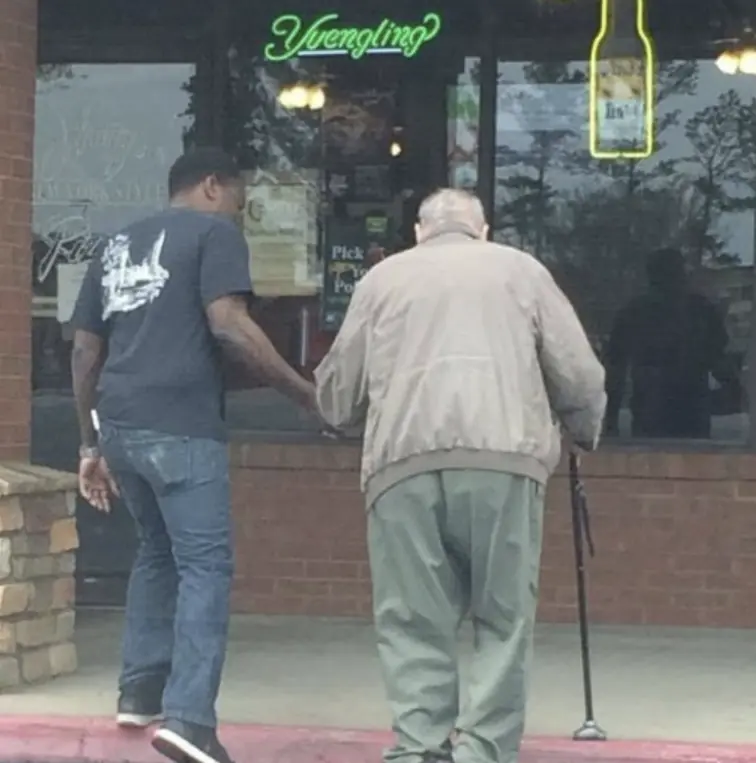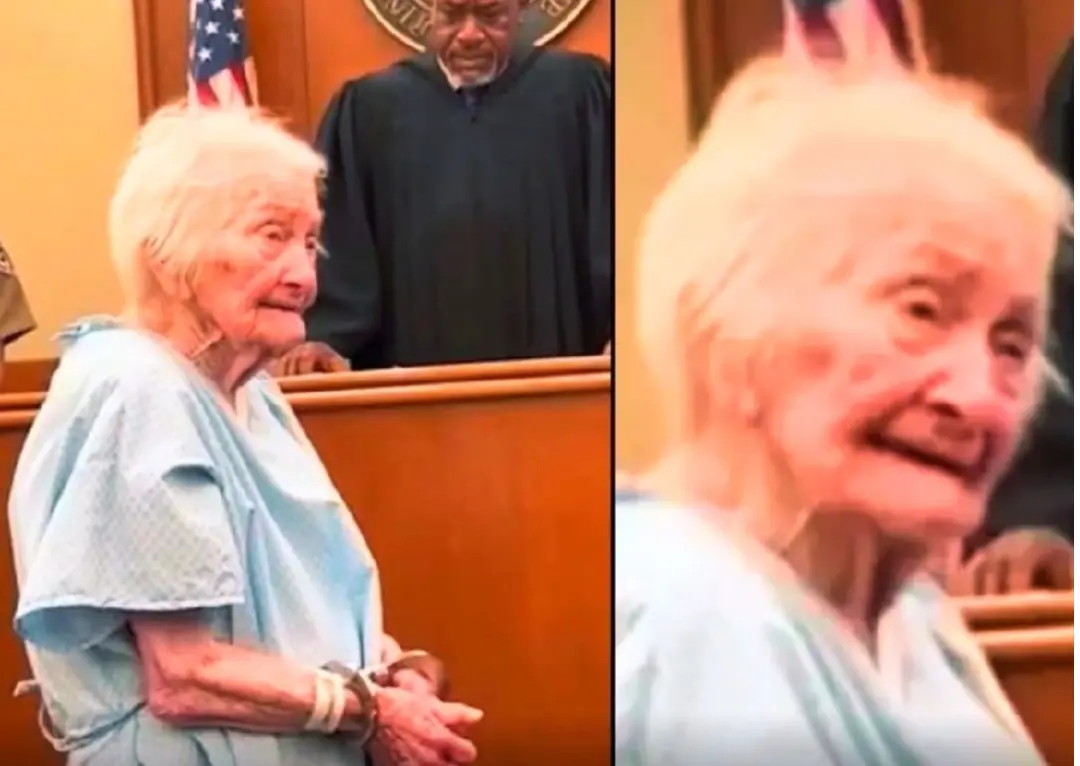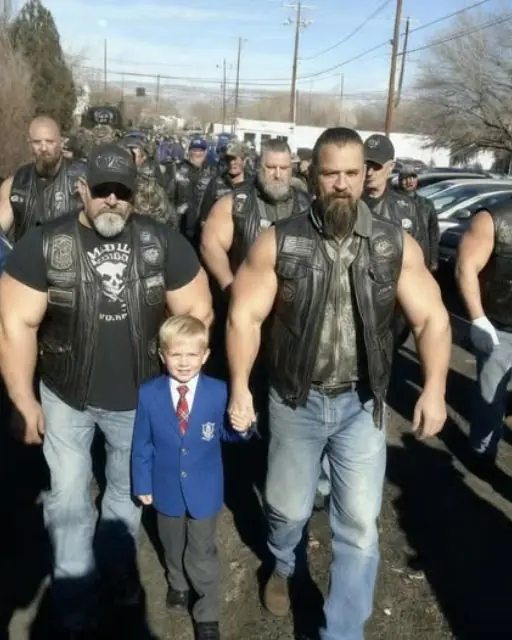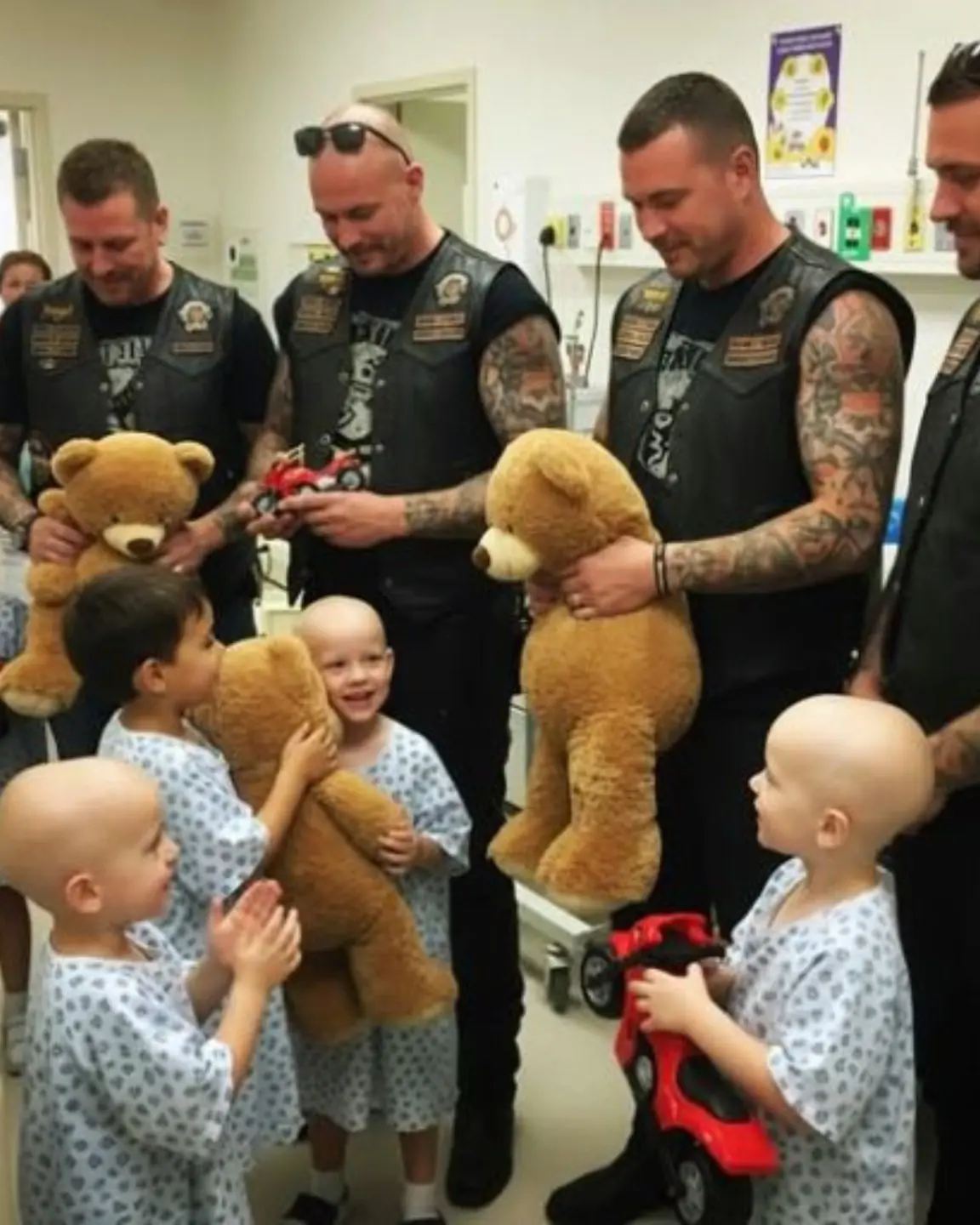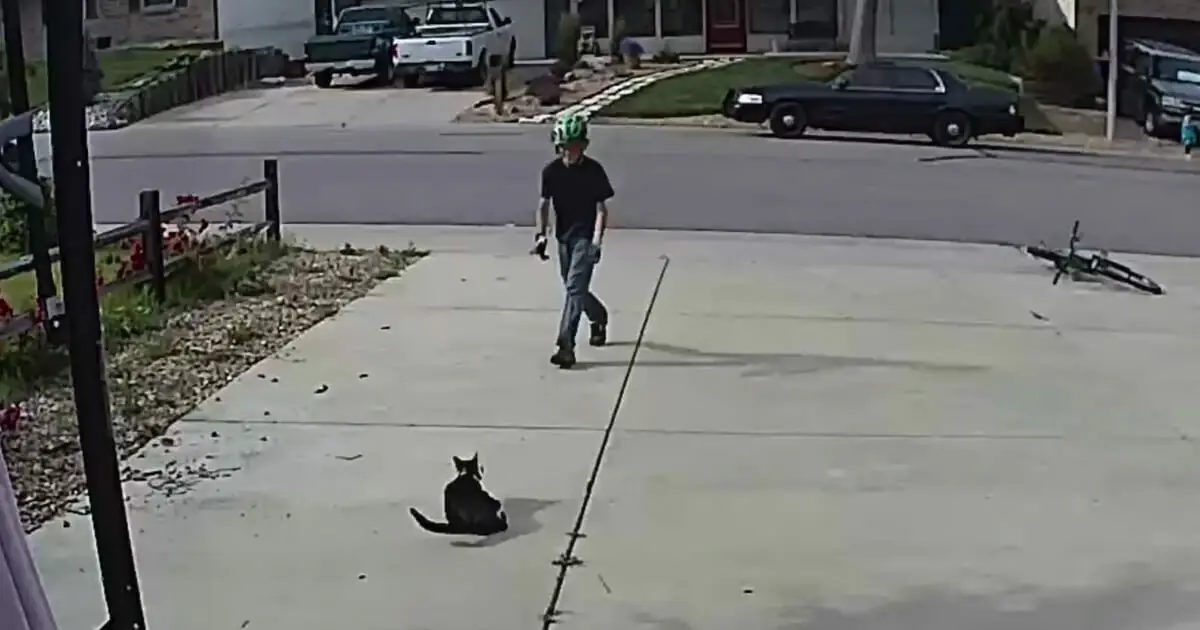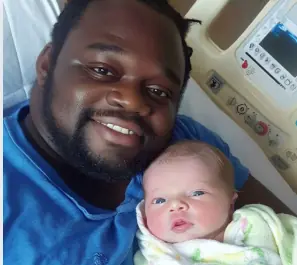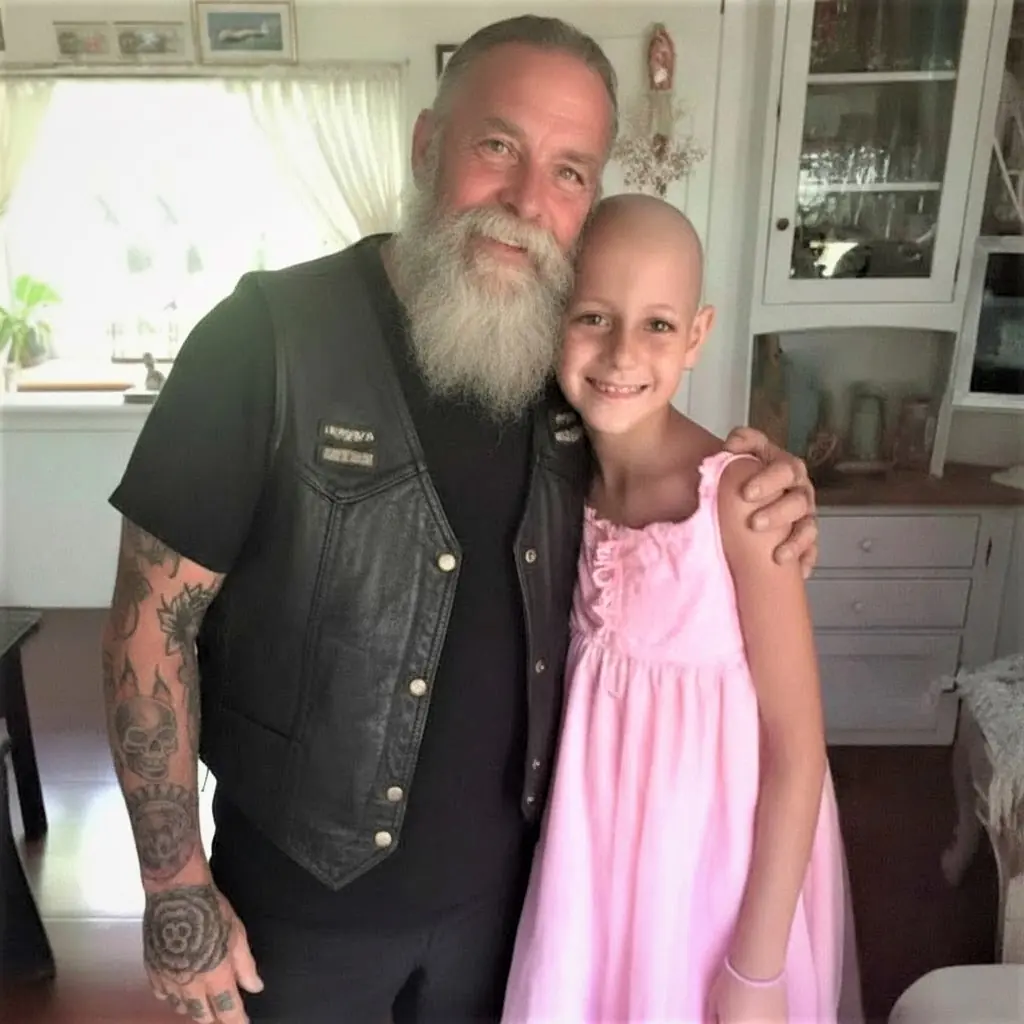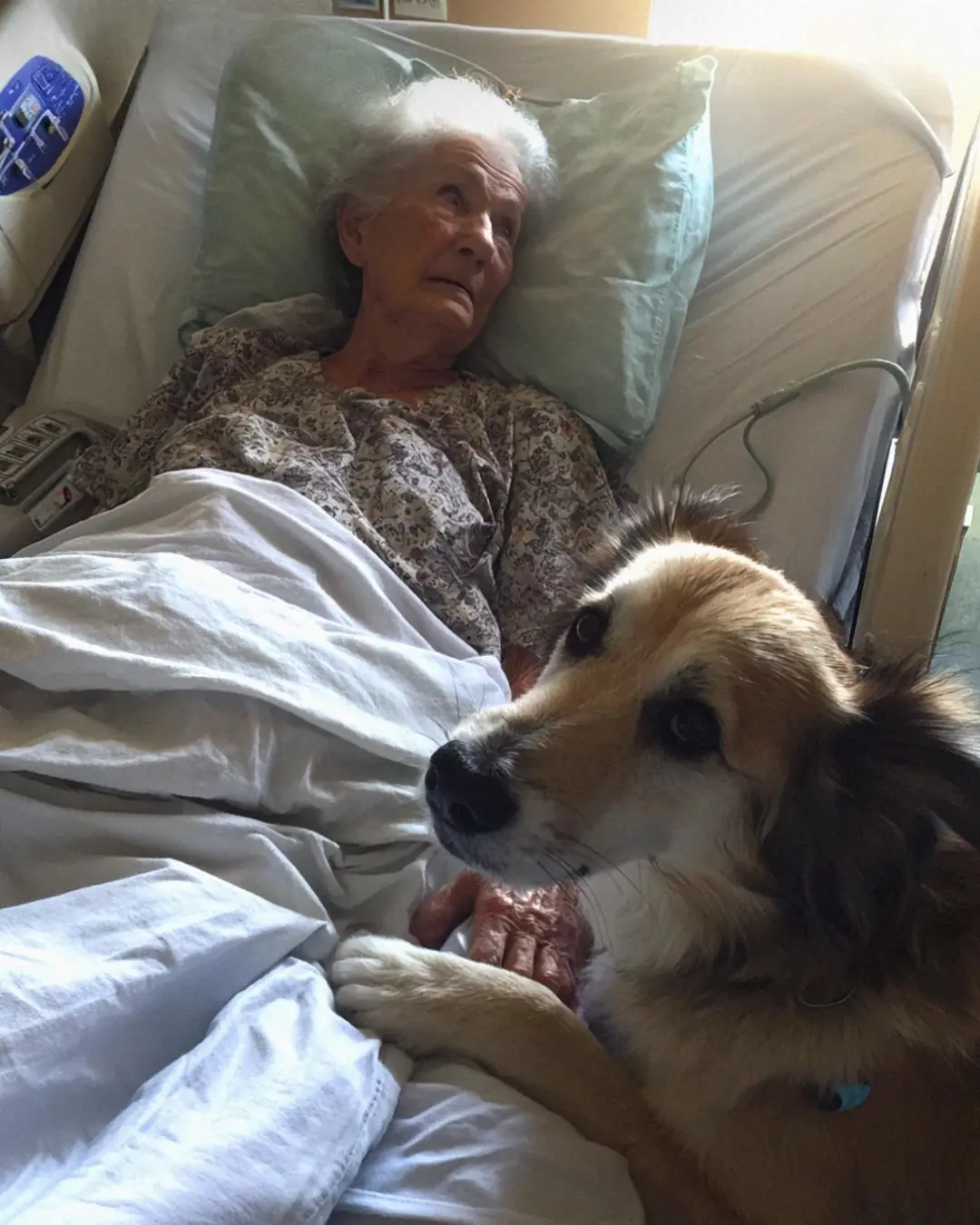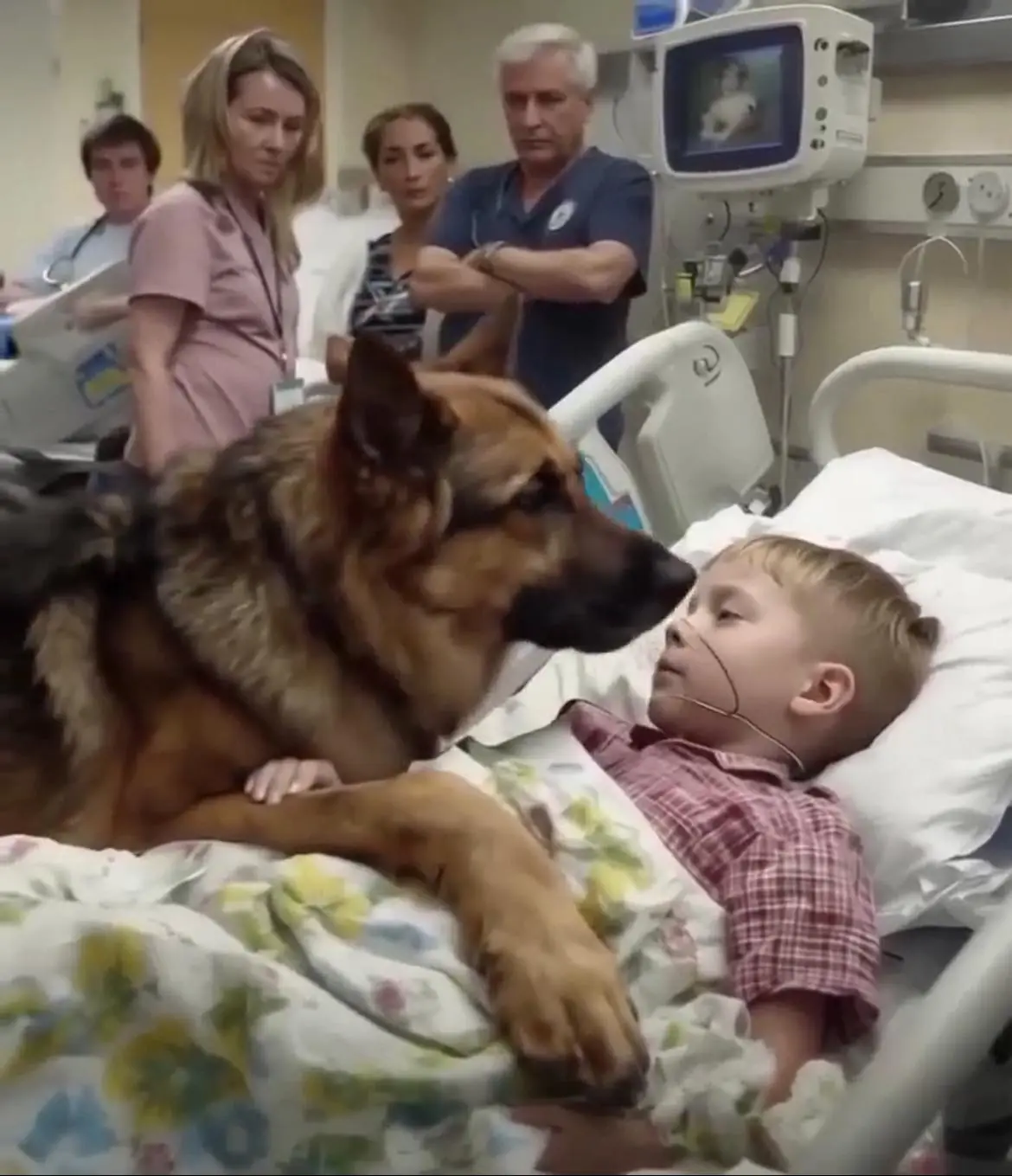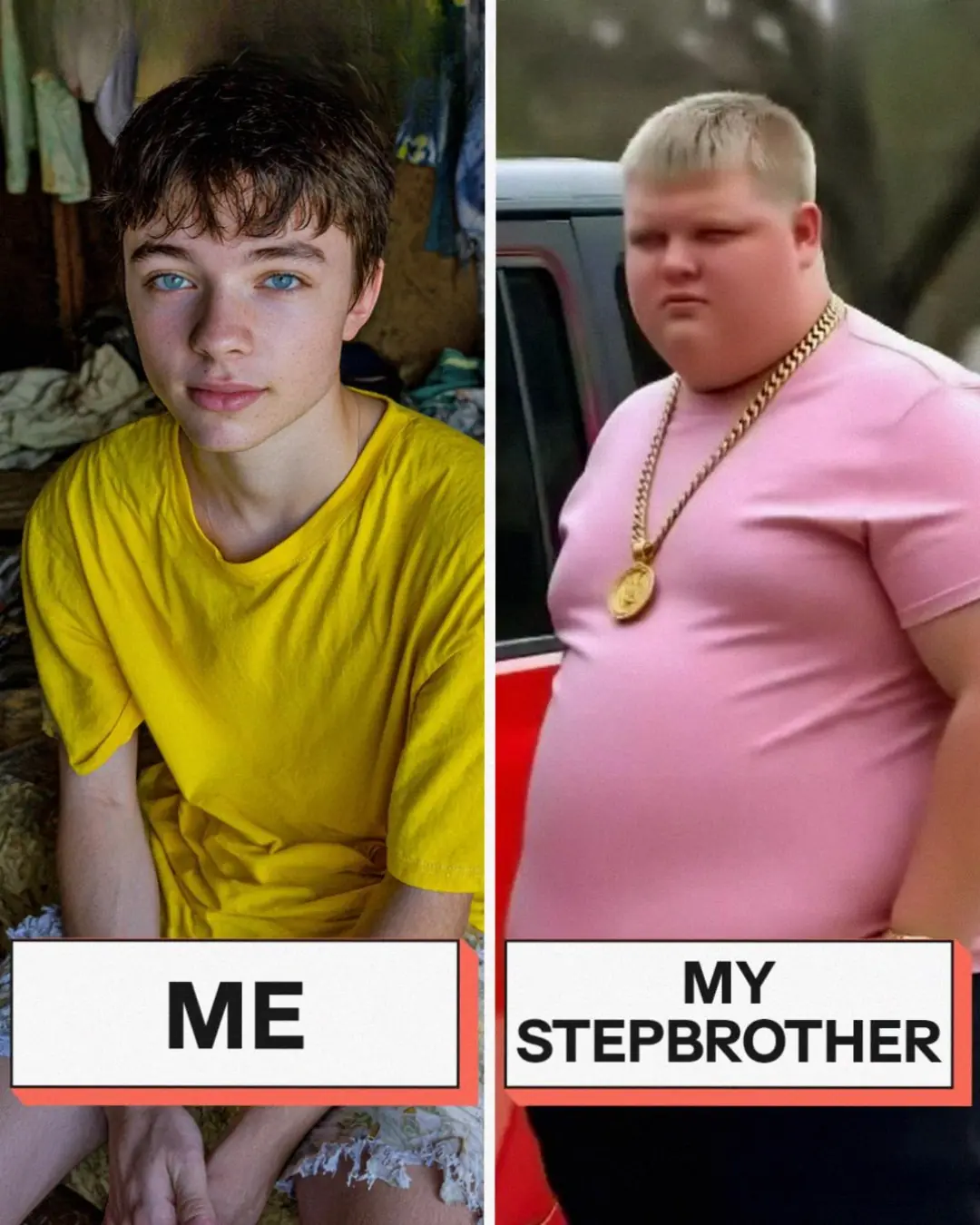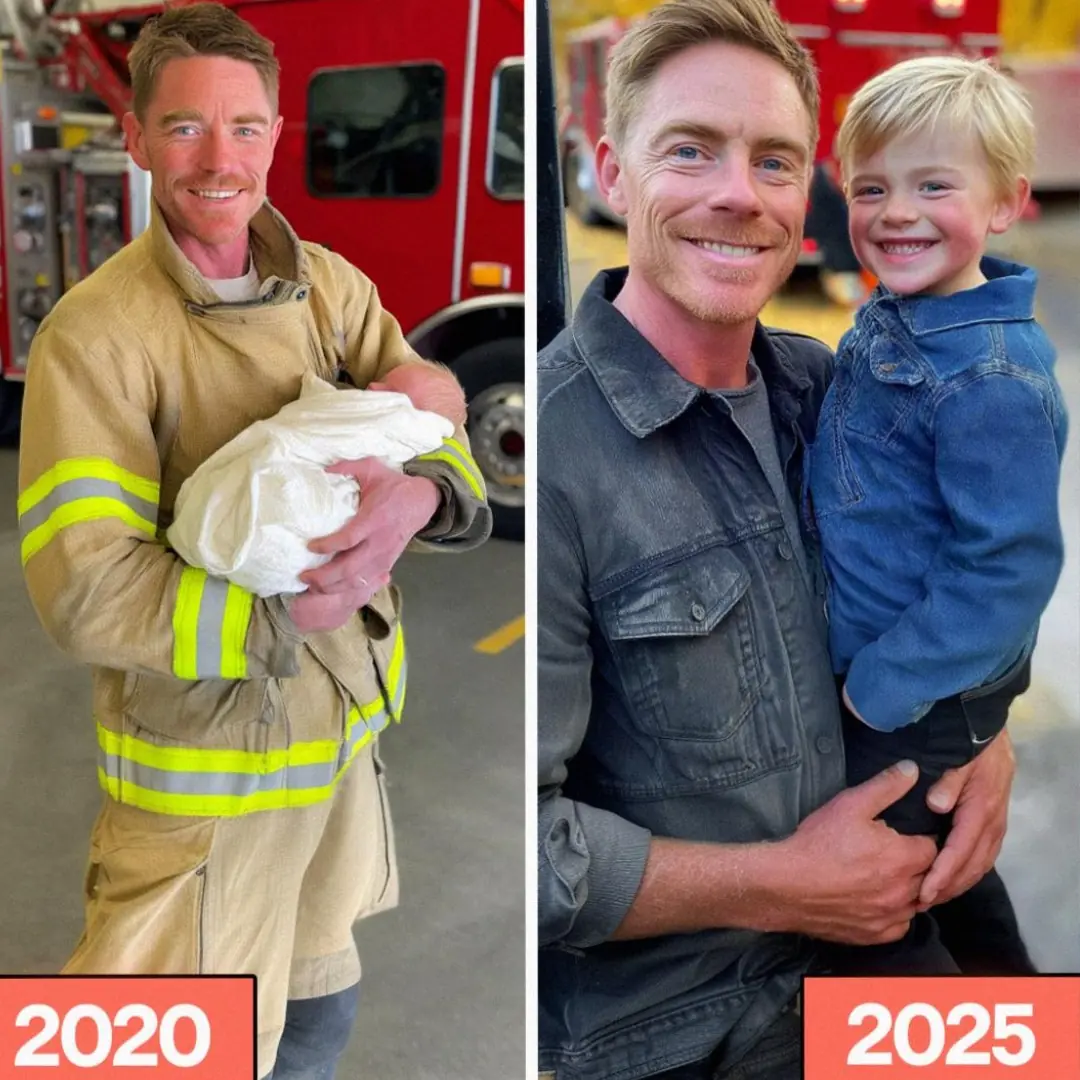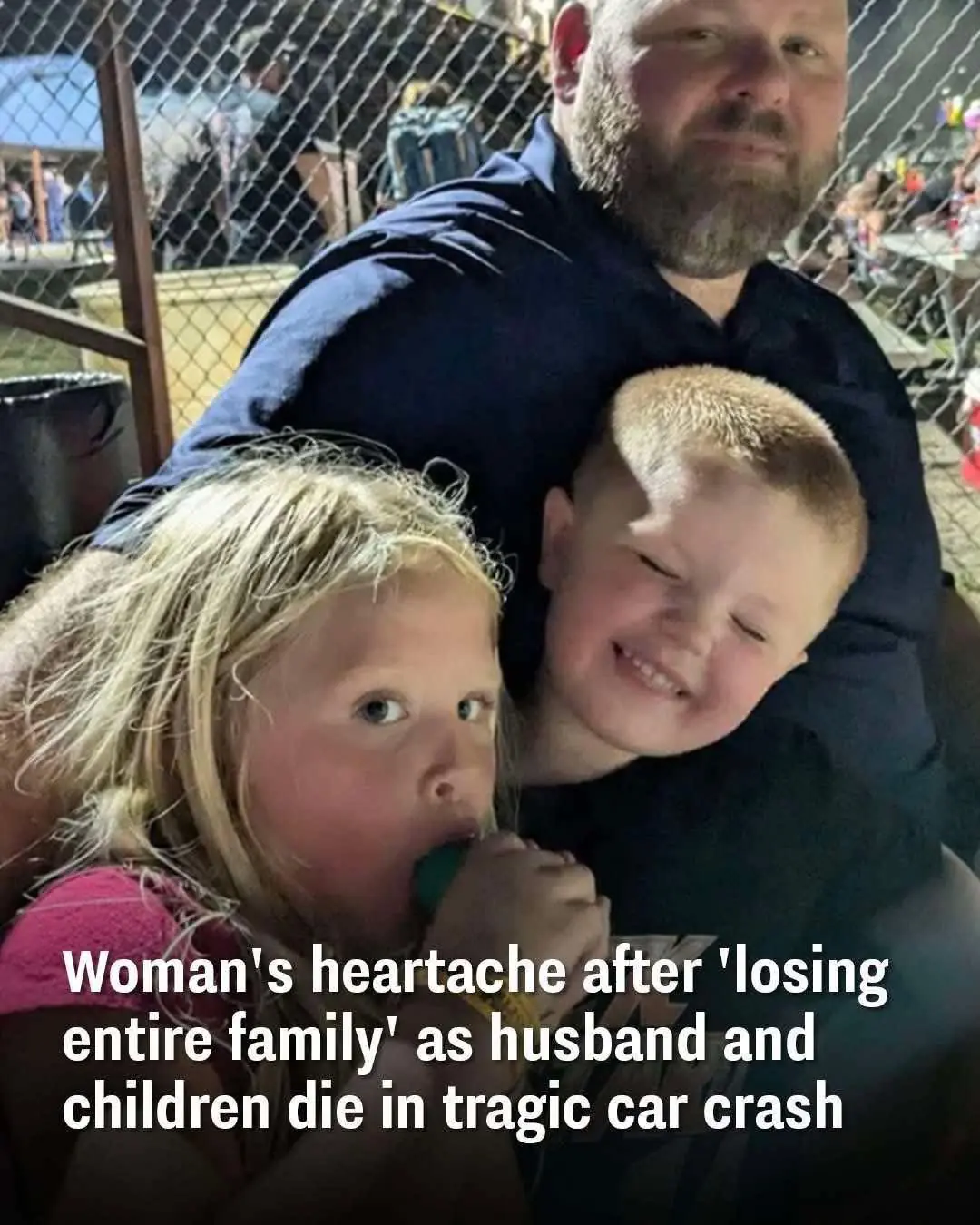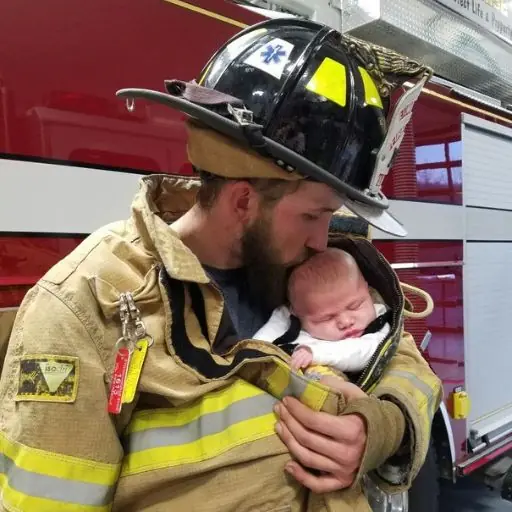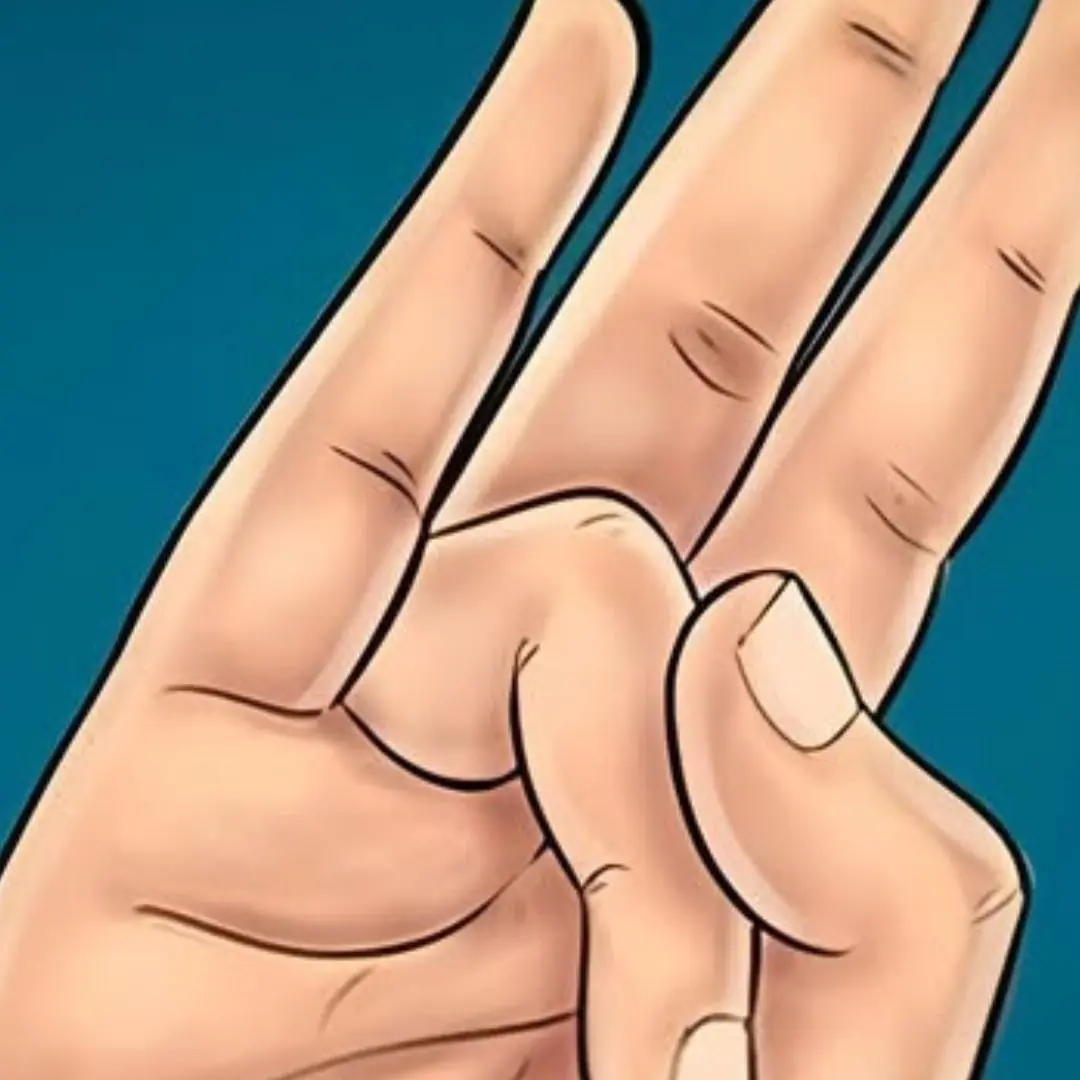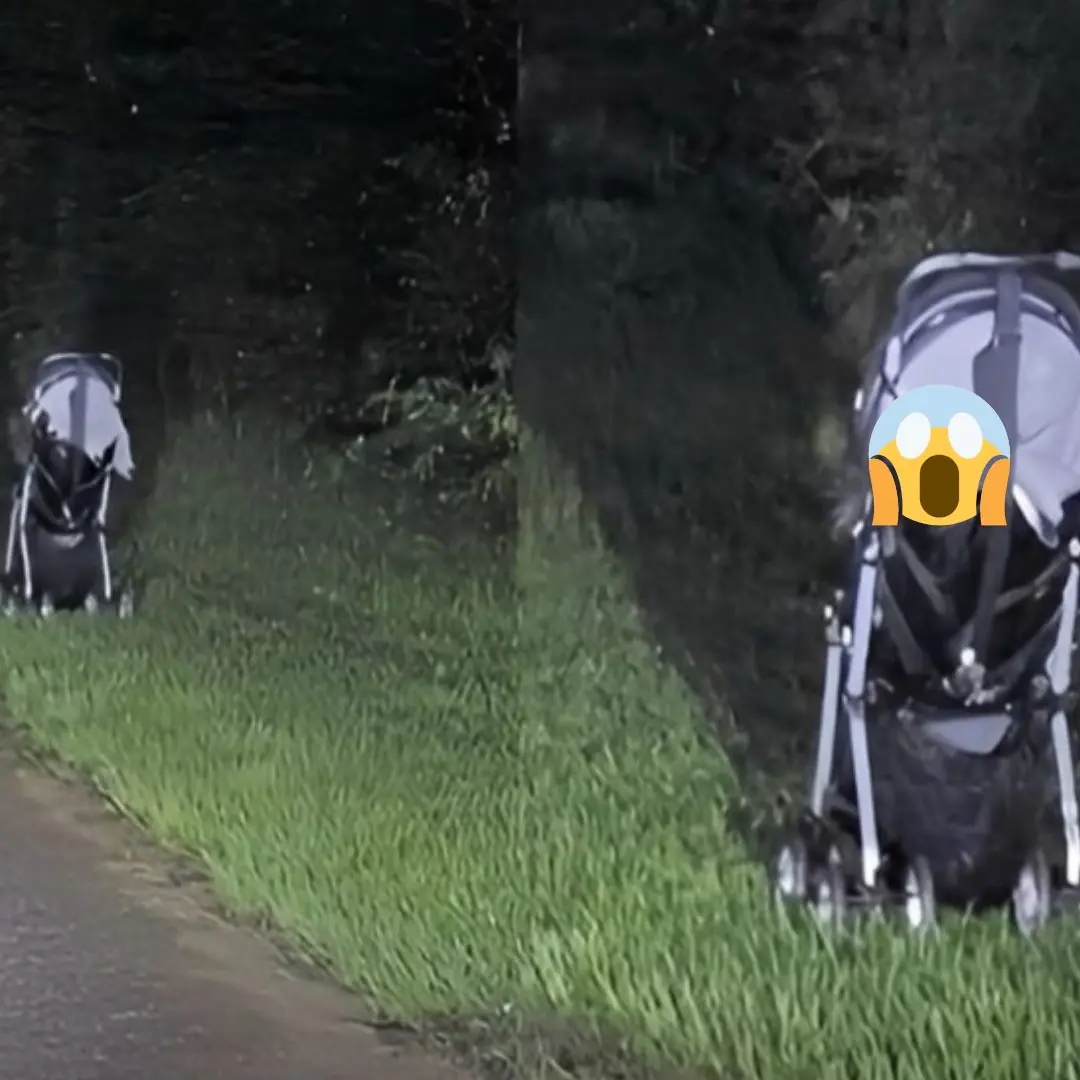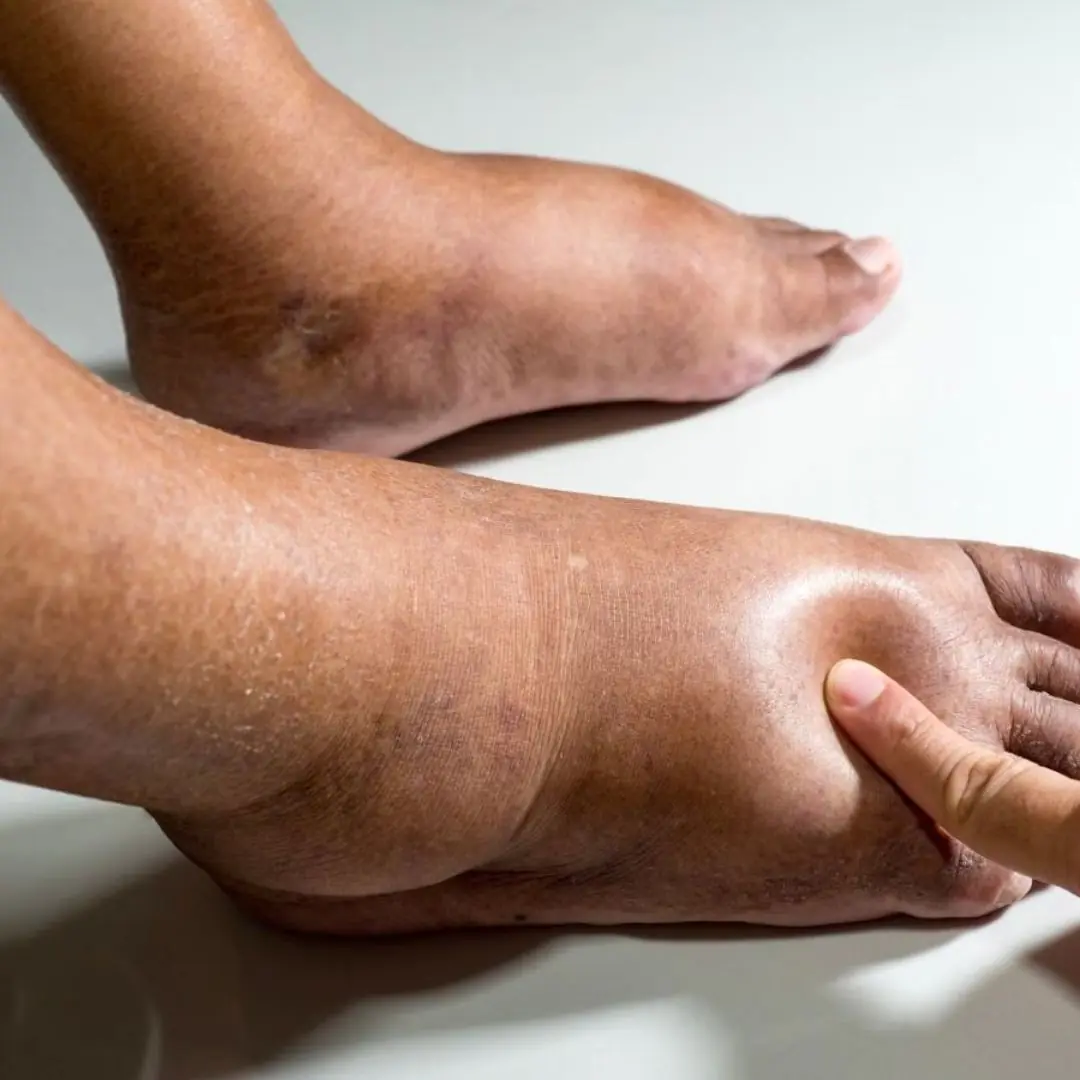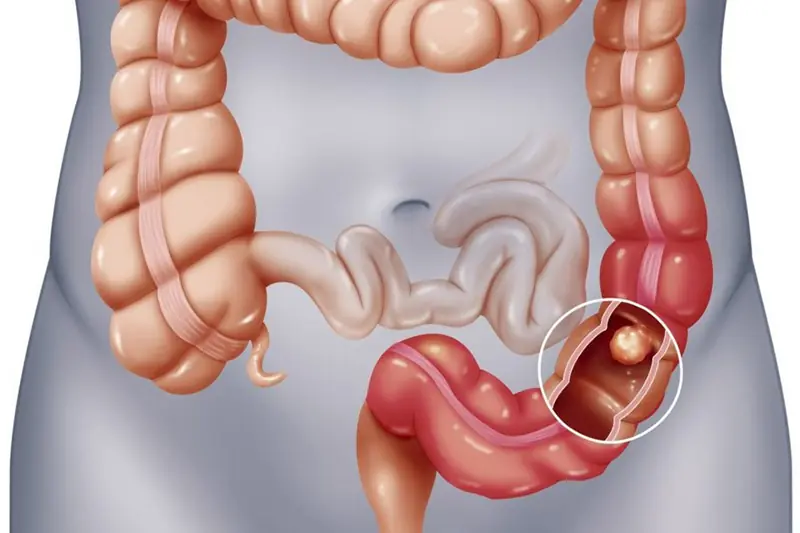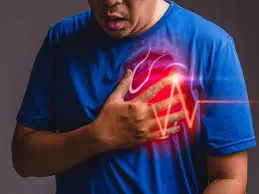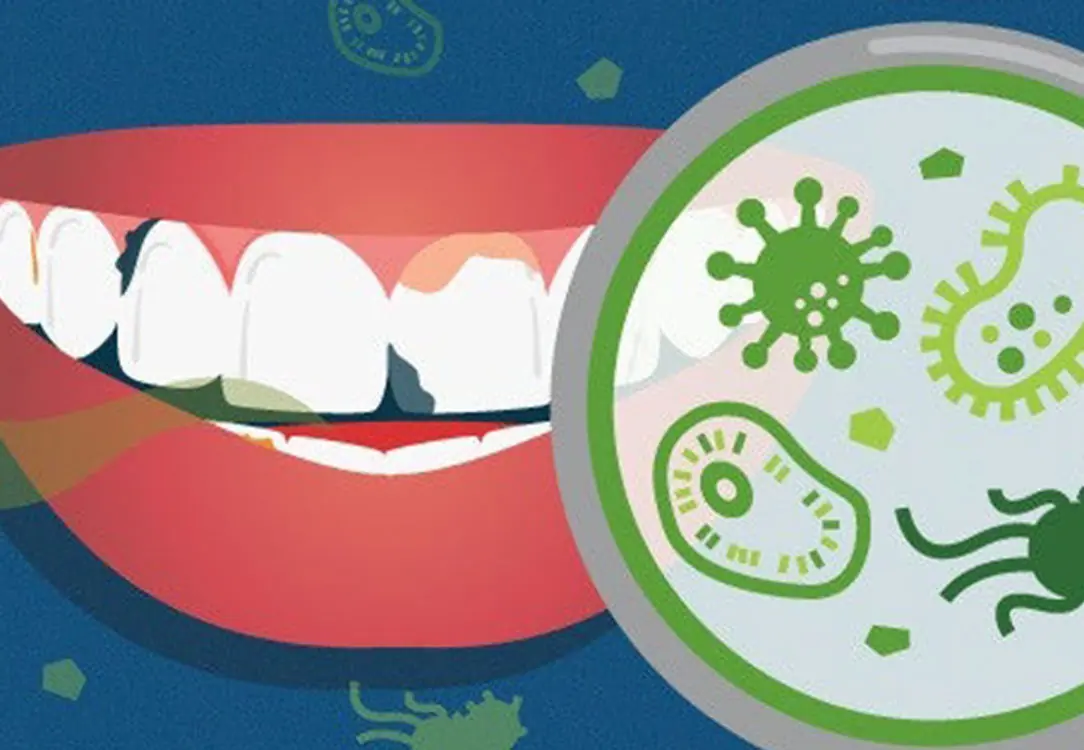It was a quiet evening—the kind when the sky seemed tired and the wind carried no stories. I had just finished work and decided to have dinner at a small family-style restaurant near the office. It wasn’t a special place, but it was quiet, and after a long day, quiet felt like luxury. As I sat down, I noticed an elderly man at a corner table. His clothes were neat but worn, and he was carefully studying the menu as if every choice mattered. I didn’t pay much attention at first, until I realized he was struggling to lift the glass of water. His hand shook, and his eyes looked around—almost hoping someone would help, but also terrified someone might see his weakness. Something in that moment made my heart pause.
I ordered my food, but my attention kept drifting toward him. I couldn’t explain it—I felt drawn to him, like I was watching someone try to hold on to dignity while time kept trying to take it away. When his fork fell to the floor, I instinctively stood up and walked over. “Excuse me, sir, would you like some help?” I asked, half afraid he would be offended. Instead, he looked up slowly and nodded with quiet relief. His voice was gentle. “If it’s not too much trouble… I’m afraid my hands don’t work as well as they used to.”
I helped him cut his food and poured his water. While I did, I expected silence—but he started talking. He introduced himself as Mr. Callahan, once a literature professor, a husband, a father of two. His wife had passed away five years earlier, and his children lived “busy lives in busy cities,” as he said with a soft smile that didn’t quite reach his eyes. “They call sometimes,” he added. “Not often. But sometimes.” He said it like a confession, not a complaint. People around us were busy laughing, talking, and scrolling through their screens. But I sat there listening to him—and wondering how many people like him sat alone every night, still waiting to be seen.
The waitress told me quietly that he came every Friday—always alone. Sometimes he brought a book, sometimes he just looked at the door for half the meal. She said he used to come with his wife. After she passed, he kept her favorite table. He still ordered her usual cup of tea. My throat tightened as I imagined my own father in his place, sitting alone at a restaurant, hoping someone might remember him. I realized I hadn’t truly spoken to my father in weeks. Texts, yes. Agreements to call later, yes. But real conversations? No. I kept telling myself I was busy—life, work, deadlines. Listening to Mr. Callahan, I started to question whether “busy” was just another word for “forgetting what matters.”
I asked if I could join him for dinner. He seemed surprised at first, then smiled softly and pulled out the chair beside him as if he had been saving it. We talked about books and time, about how memories can be louder than the present. He said something that I haven’t forgotten since: “People think loneliness happens when life empties out. But no—it begins when people fill their lives with everything except each other.” I felt that sentence like a weight on my chest.
When dessert came, he insisted on paying for both of us. I tried to protest, but he said, “Let me pretend I’m still the one taking someone out to dinner.” I let him. It felt right. Before he left, he touched my arm and said, “Call your father tonight. Not tomorrow. Not someday. Tonight.” It didn’t feel like advice. It felt like a warning—like he had learned it too late. I watched him leave the restaurant, walking slowly with his cane, his silhouette small and steady against the dim lights.
That night, I didn’t scroll through my phone before bed. I picked it up and called my father. His voice lit up the second he heard mine. I realized then how rare that sound had become. We talked for almost an hour. About nothing—and about everything. I asked if he still woke up early to drink coffee on the porch. He laughed. “Some habits don’t leave a man,” he said. I could hear his gratitude quietly woven into every sentence. And for the first time in a long time, I felt like I was speaking to him the way a son—or daughter—should.
A week later, I went back to the restaurant, hoping to see Mr. Callahan again. But his corner was empty. I waited a while. Nothing. When I asked the waitress if he was alright, her voice softened. “His daughter came last weekend. She said she wants him to live closer to her now.” I nodded slowly. A strange warmth filled me—not happiness exactly, but a belief that maybe kindness spreads quietly, even when we don’t stay long enough to see it.
That Sunday, I visited my father. I brought coffee and his favorite chocolate cake. We sat on the porch and talked as the sky faded into evening colors. For once, I listened to his stories instead of checking the time. There was no rush. No excuses. Just presence. Real, human presence. And as he spoke, I thought of Mr. Callahan’s words—and how sometimes, a stranger can remind you of the person you’ve been overlooking for years.
I don’t know where Mr. Callahan is now. But somewhere out there, a father sits beside his child again, and a lonely Friday night is no longer lonely. And somewhere within me, a wall quietly began to crumble—a wall built from busyness, distance, and forgotten priorities. Helping an elderly man cut his dinner wasn’t a grand act. It was barely a moment. But sometimes, a moment is all it takes to change the way you see someone you thought you already knew. Sometimes, a stranger can bring you back home.
